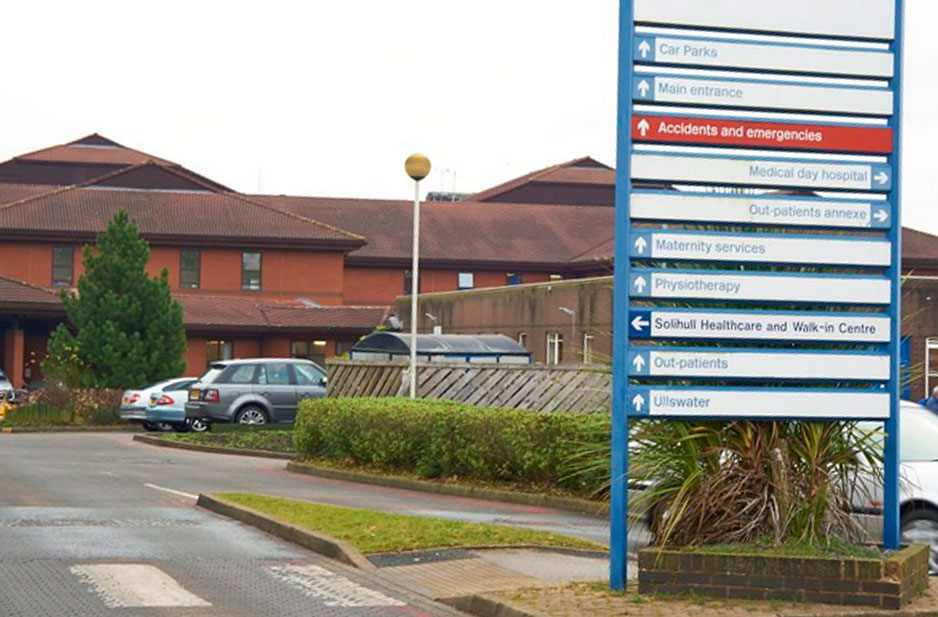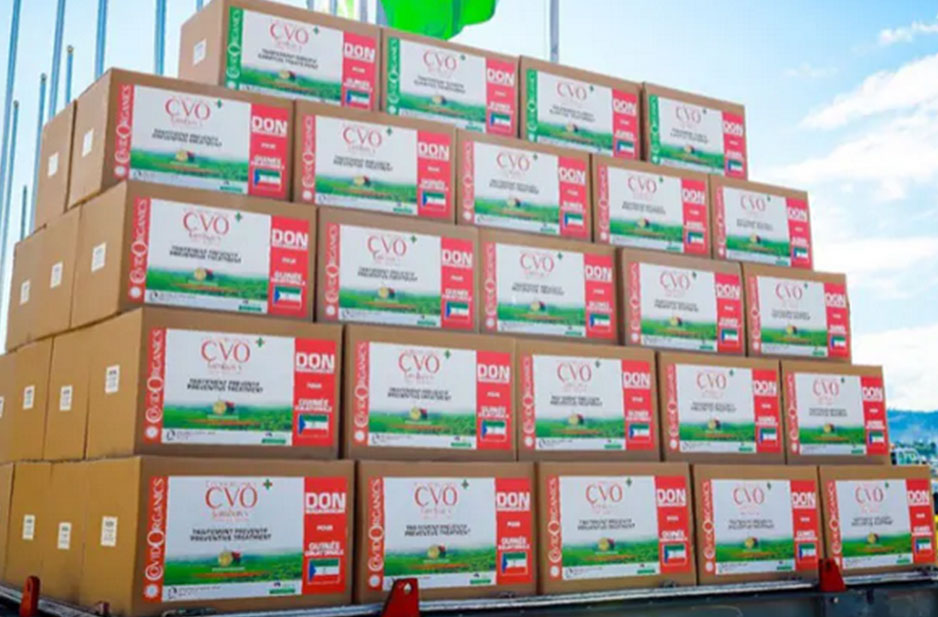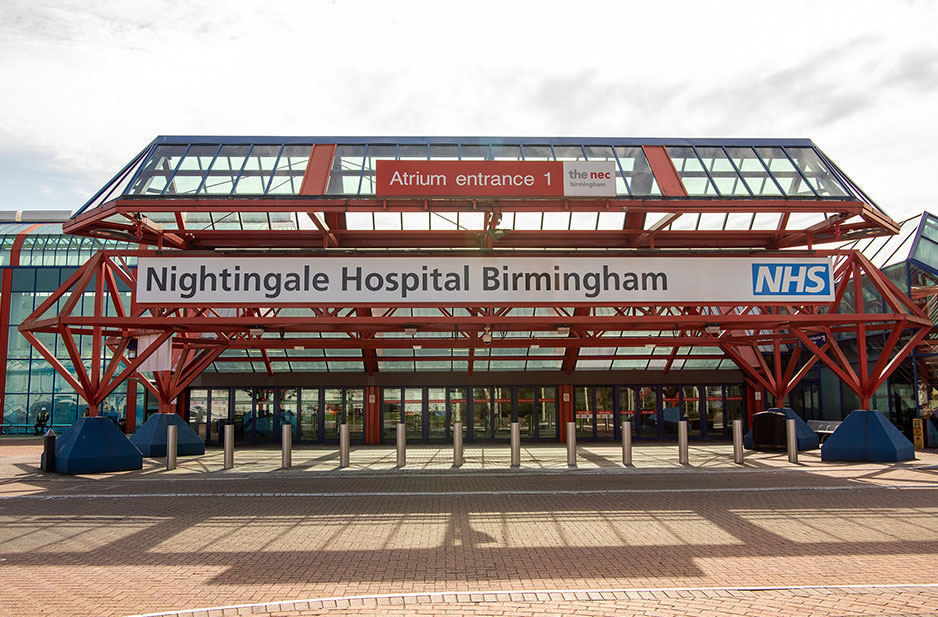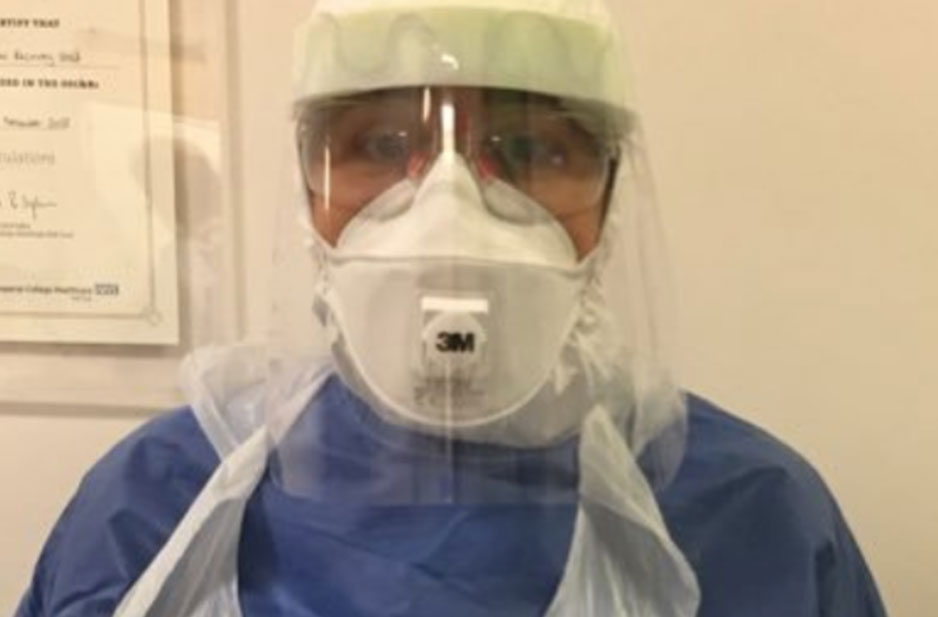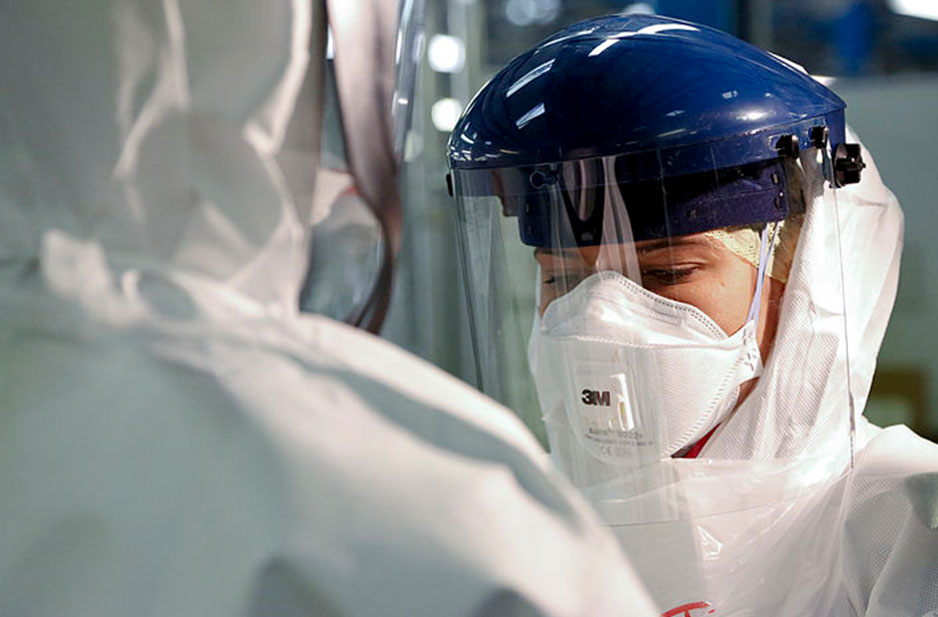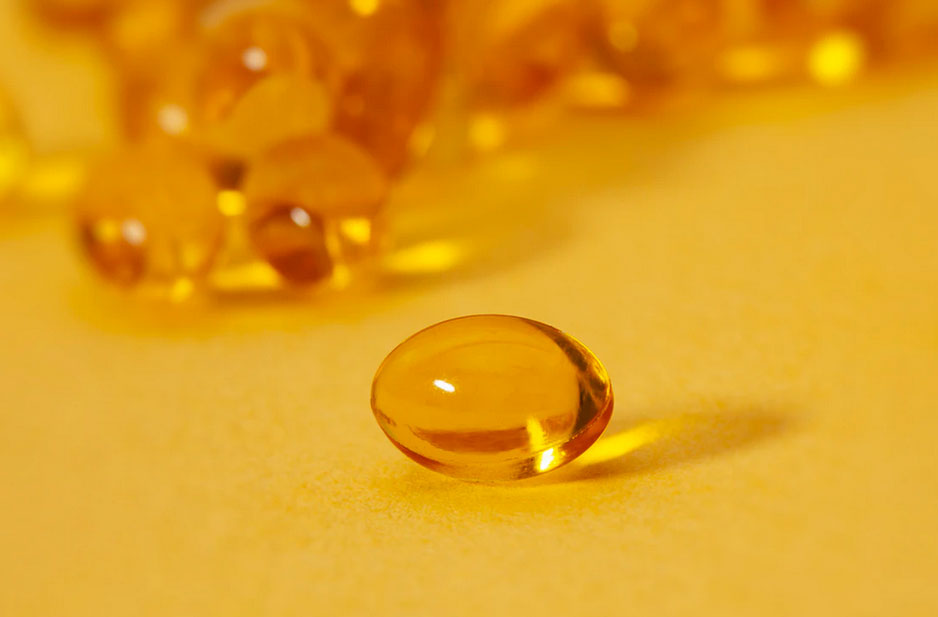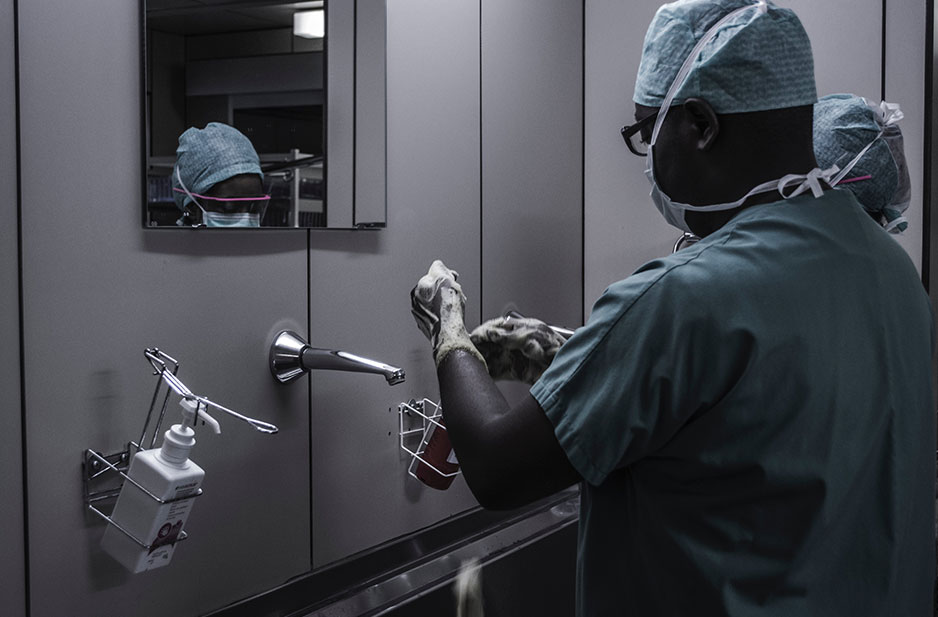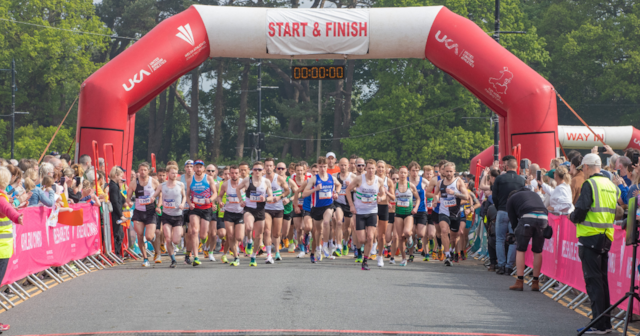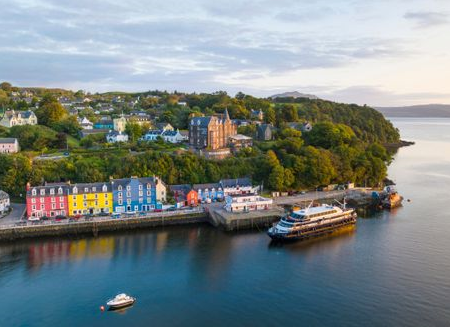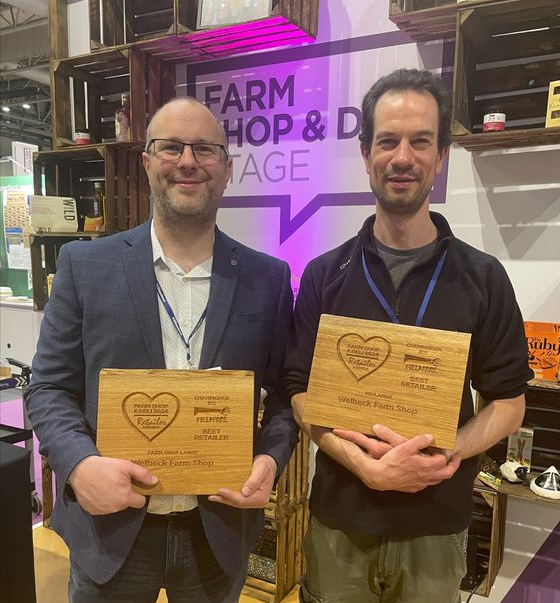New trial set to see if dogs can ‘sniff out’ coronavirus
A UK trial to see whether specialist medical sniffer dogs can detect coronavirus in human being is set to begin.
The dogs are already trained to detect odours of certain cancers, malaria and Parkinson’s disease by the charity Medical Detection Dogs.
The first phase of the trials will be led by the London School of Hygiene & Tropical Medicines, along with the charity and Durham University.
It has been backed with £500,000 of government funding.
The trial will explore whether the ‘Covid Dogs’ – made up of Labradors and cocker spaniels – can spot the virus in humans odour samples before symptoms appear.
It will establish whether so-called bio-detection dogs, which could each screen up to 250 people per hour, could be used as a new early warning measure to detect Covid-19.
The first phase will involve NHS staff in London hospitals collecting odour samples from those who are infected by coronavirus and those who are not infected.
Six dogs will then go through training to identify the virus from the samples.
More than 10 years of research gathering by Medical Detection Dogs has shown that the dogs can be trained to sniff out the odour of disease at the equivalent dilution of one teaspoon of sugar in two Olympic-sized swimming pools of water.
Claire Guest, the charity’s co-founder and chief executive, said that she was “sure our dogs will be able to find the odour of Covid-19”.
If that proves to be the case, the dogs will then move into a “second phase to test them in live situations, following which we hope to work with other agencies to train more dogs for development”, she said.
James Logan, from the London School of Hygiene and Tropical Medicines, said: “Our previous work has shown that malaria has a distinctive odour, and with medical detection dogs, we successfully trained dogs to accurately detect malaria.
“This, combined with the knowledge that respiratory diseases can change body odour, makes us hopeful that the dogs can also detect Covid-19”.







